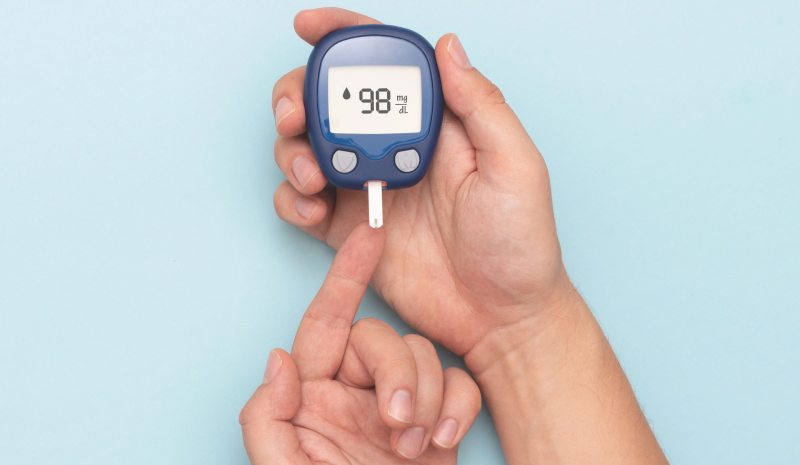Advancements in insulin therapies are revolutionizing diabetes management, making it easier for individuals to maintain healthy blood sugar levels and improve their quality of life. Here’s an overview of the latest innovations in insulin treatments:
1. Faster-Acting Insulins
New rapid-acting insulin analogs are designed to mimic the body’s natural insulin response more closely. These insulins work within minutes of injection, making them highly effective for managing post-meal blood sugar spikes.
2. Smart Insulins
Also known as glucose-responsive insulins, these cutting-edge treatments adjust their activity based on blood sugar levels. They activate when blood sugar rises and remain dormant when levels are stable, reducing the risk of hypoglycemia.
3. Insulin Pens with Smart Technology
Smart insulin pens are equipped with Bluetooth and companion apps, allowing users to track doses, monitor injection times, and sync data with glucose monitoring systems for better diabetes management.
4. Inhalable Insulin
An alternative to injections, inhalable insulin offers convenience for individuals with needle anxiety. This form of insulin works quickly, making it ideal for managing blood sugar after meals.
5. Long-Acting Insulins
The latest long-acting insulins provide stable, 24-hour glucose control with fewer injections, helping to simplify diabetes care routines and improve adherence.
6. Artificial Pancreas Systems
Closed-loop systems, often called artificial pancreases, combine continuous glucose monitors (CGMs) with insulin pumps to automatically adjust insulin delivery in real time, minimizing the burden of manual management.
7. Insulin Patch Technology
Wearable insulin patches are being developed to deliver consistent insulin doses throughout the day. These patches are discreet and user-friendly, offering a non-invasive alternative to injections.
8. Biosimilar Insulins
Biosimilar insulins provide cost-effective alternatives to branded insulins without compromising quality. These are helping to make diabetes treatment more affordable and accessible worldwide.
9. Nanotechnology in Insulin Delivery
Researchers are exploring nanotechnology for targeted insulin delivery, which may reduce side effects and improve glucose regulation in the future.
10. Oral Insulin Tablets
Oral insulin, currently under research, could eliminate the need for injections entirely. This breakthrough holds the promise of making diabetes treatment less invasive and more convenient.
Future Prospects
As technology advances, the focus on personalized insulin therapies and integrated management systems continues to grow. These innovations aim to enhance safety, precision, and quality of life for individuals with diabetes.
Staying informed about these developments empowers patients to work closely with healthcare providers to choose the best treatments for their needs. The future of diabetes care is bright, with more options and improved outcomes on the horizon.

 Diabetology2 weeks ago
Diabetology2 weeks ago
 Diabetology2 weeks ago
Diabetology2 weeks ago
 Diabetology2 weeks ago
Diabetology2 weeks ago
 Diabetology1 week ago
Diabetology1 week ago
 Diabetology2 weeks ago
Diabetology2 weeks ago
 Diabetology6 days ago
Diabetology6 days ago
 Diabetology2 weeks ago
Diabetology2 weeks ago
 Diabetology6 days ago
Diabetology6 days ago















